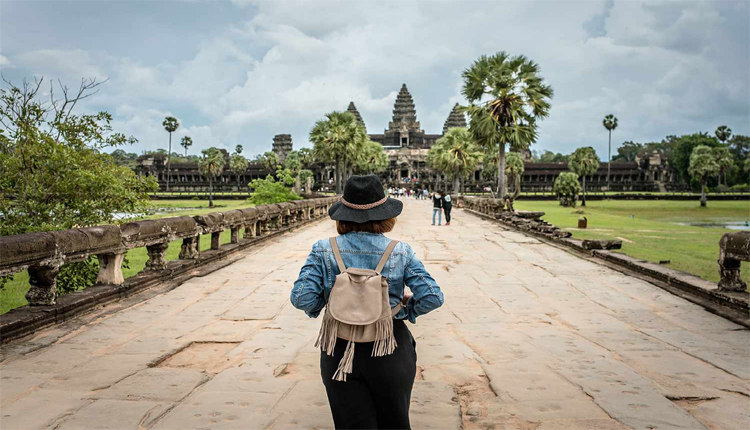New Delhi: The appeal of solo travel has surged in recent years, with many people opting to venture out alone, free from the constraints of coordinating schedules with friends or family. For those who cherish independence and the freedom to follow their own whims, solo trips provide the perfect opportunity to explore at their own pace and savour the joy of spontaneous discovery.
One of the key advantages of travelling alone is the sheer flexibility it offers. Unlike group trips, where aligning with others’ preferences and availability can be challenging, solo travel allows you to plan your itinerary as you wish. Whether it’s exploring a new city, hiking in nature, or simply relaxing in a quiet spot, you’re in complete control of your experience.
Travelling alone can also introduce you to new experiences and challenges, enriching your journey. Without the responsibility of others, solo travellers have the freedom to embrace new cultures and connect with people along the way. The chance to meet locals and immerse yourself in the history and customs of the area adds depth to the travel experience.
For first-time solo travellers, preparation is key. Thoroughly researching your destination, routes, and accommodations is essential. It’s always helpful to speak to someone who has visited the place before for advice and insights. Additionally, using online resources to gather information about the area’s weather and local conditions can help ensure a smooth trip.
While solo travel offers the opportunity for solitude, it’s common to feel lonely at times. To combat this, engaging in local activities, joining groups of fellow travellers, or interacting with residents can make the experience more fulfilling. Not only will you learn more about the destination, but it also adds an extra layer of enjoyment to your journey.
Safety, of course, is paramount. Solo travellers should always carry essential documents, keep valuables secure, and follow local safety advice. Having emergency contact numbers readily available is crucial, and it’s wise to avoid venturing into secluded areas or travelling late at night without precautions.
Health should also be considered before embarking on a solo trip. If you have conditions such as diabetes or high blood pressure, it’s worth consulting a doctor beforehand. Packing essential medication, a first aid kit, and long-lasting snacks is important, as minor health issues like stomach problems or body aches can arise during travel.
Finally, packing appropriately is essential. Bringing clothes suited to the weather and food items that won’t spoil easily can help ensure you’re well-prepared. Solo travel is not just about discovering new places but also about understanding your own preferences, overcoming challenges, and gaining a deeper sense of self.
In a world where hectic schedules often dictate our movements, solo travel stands as a liberating alternative—offering freedom, flexibility, and the opportunity for true personal growth.



Comments are closed.